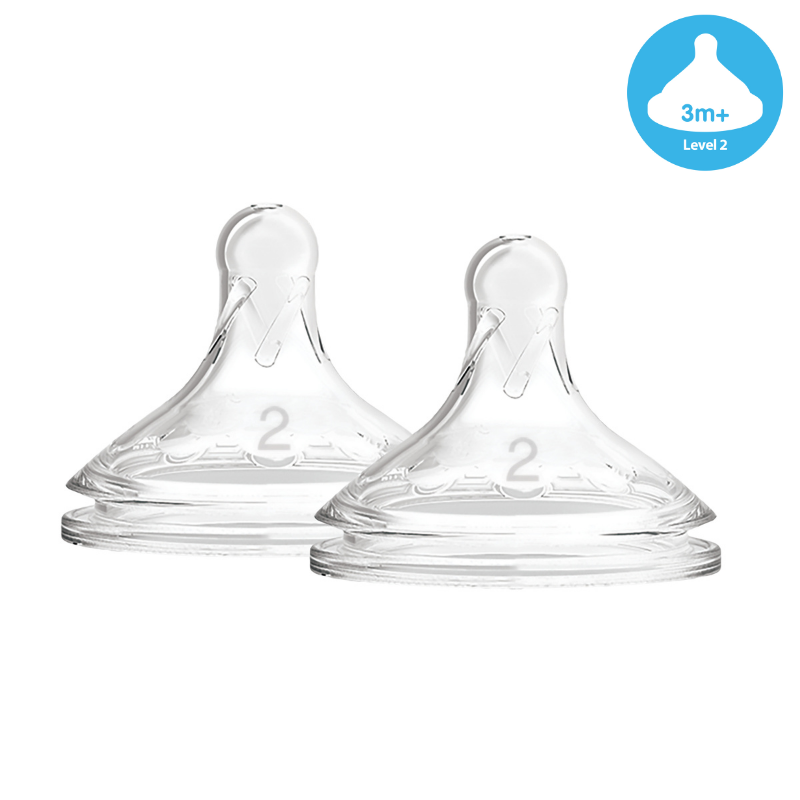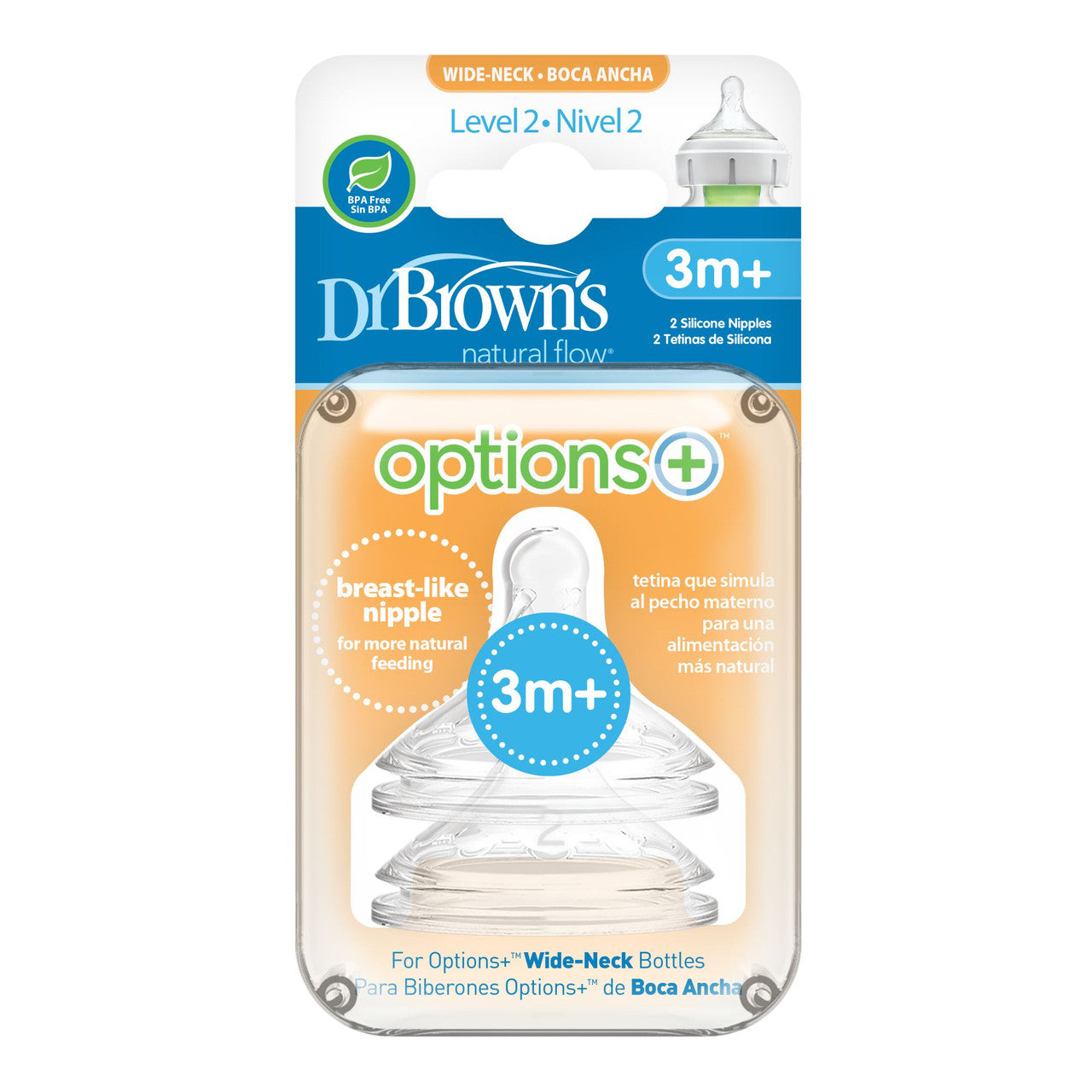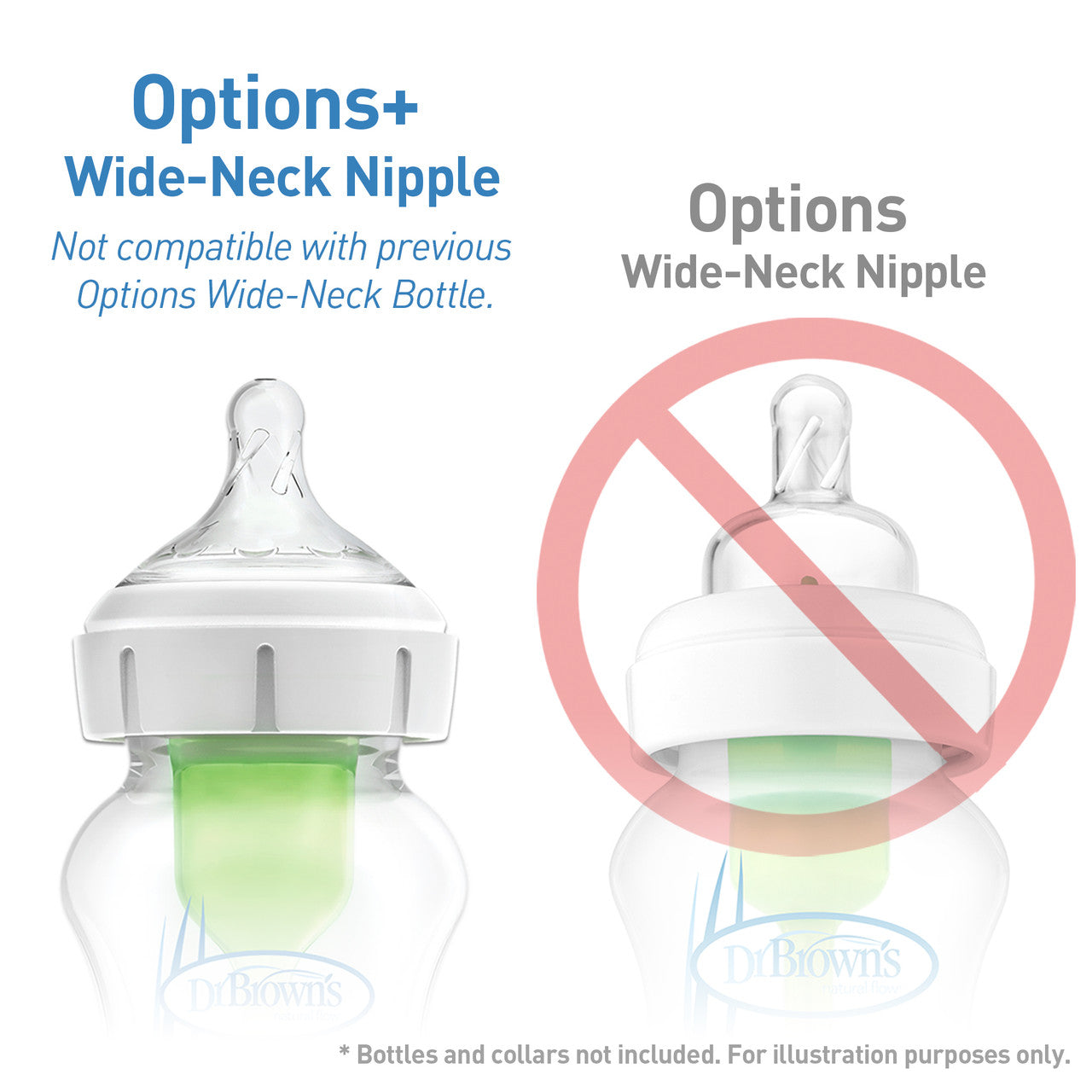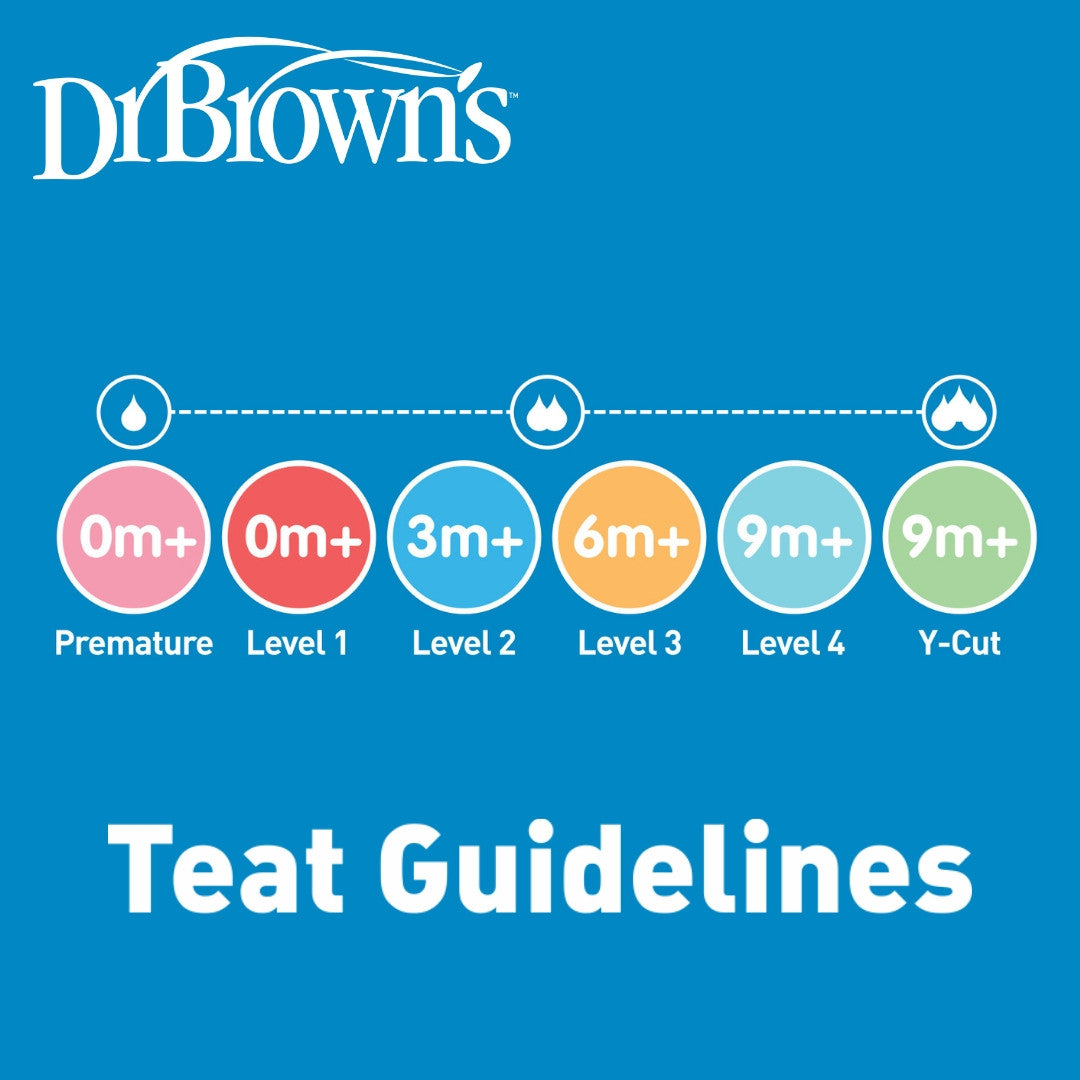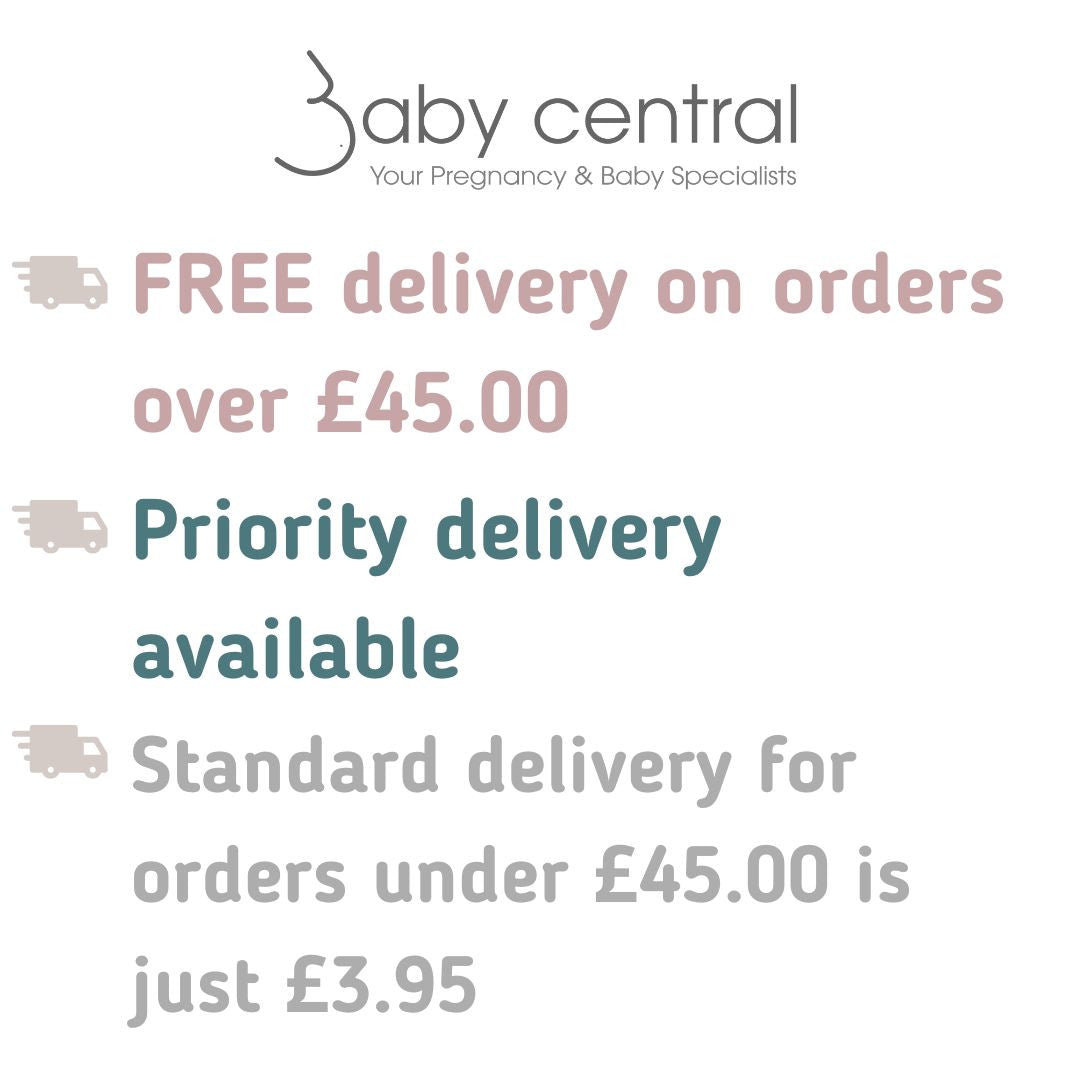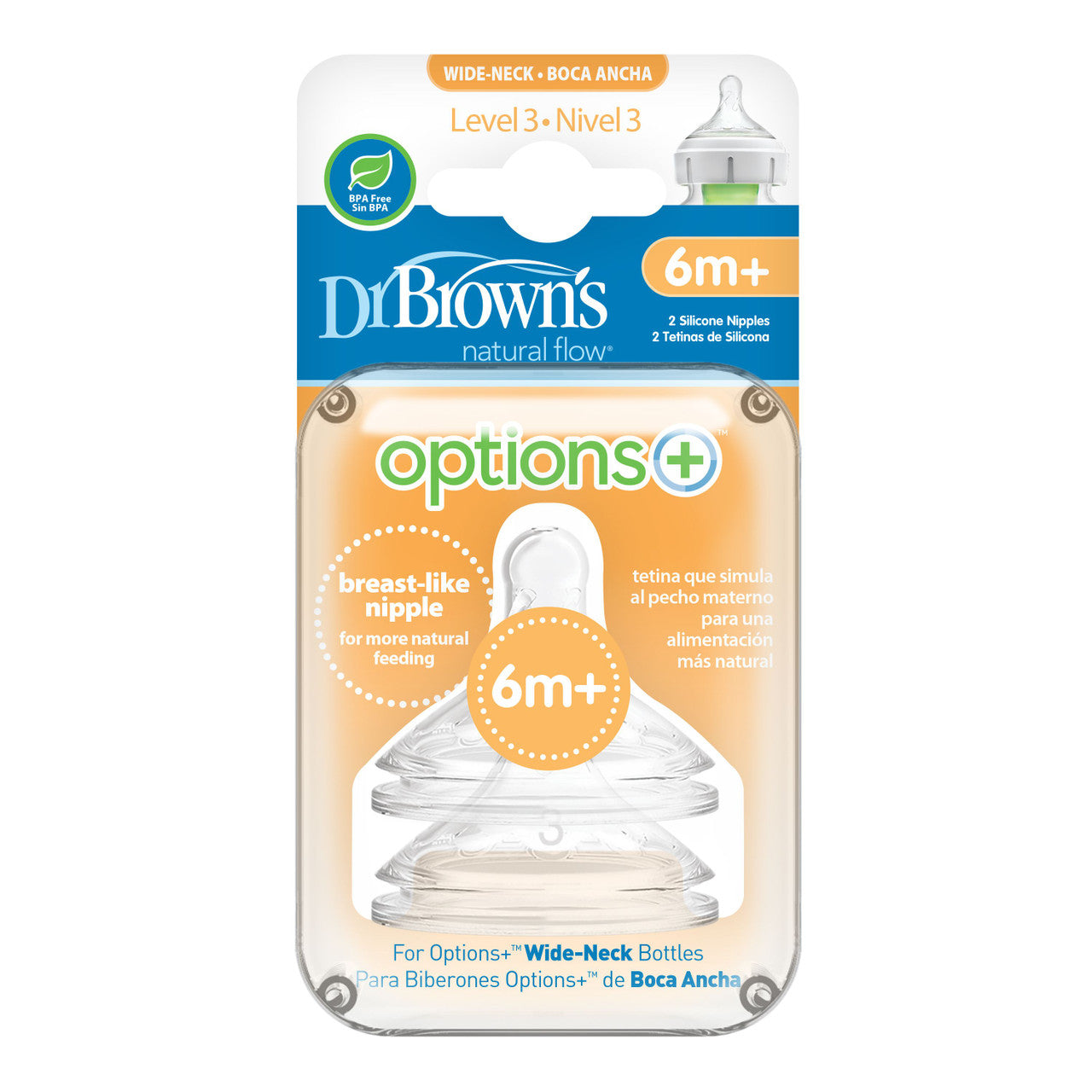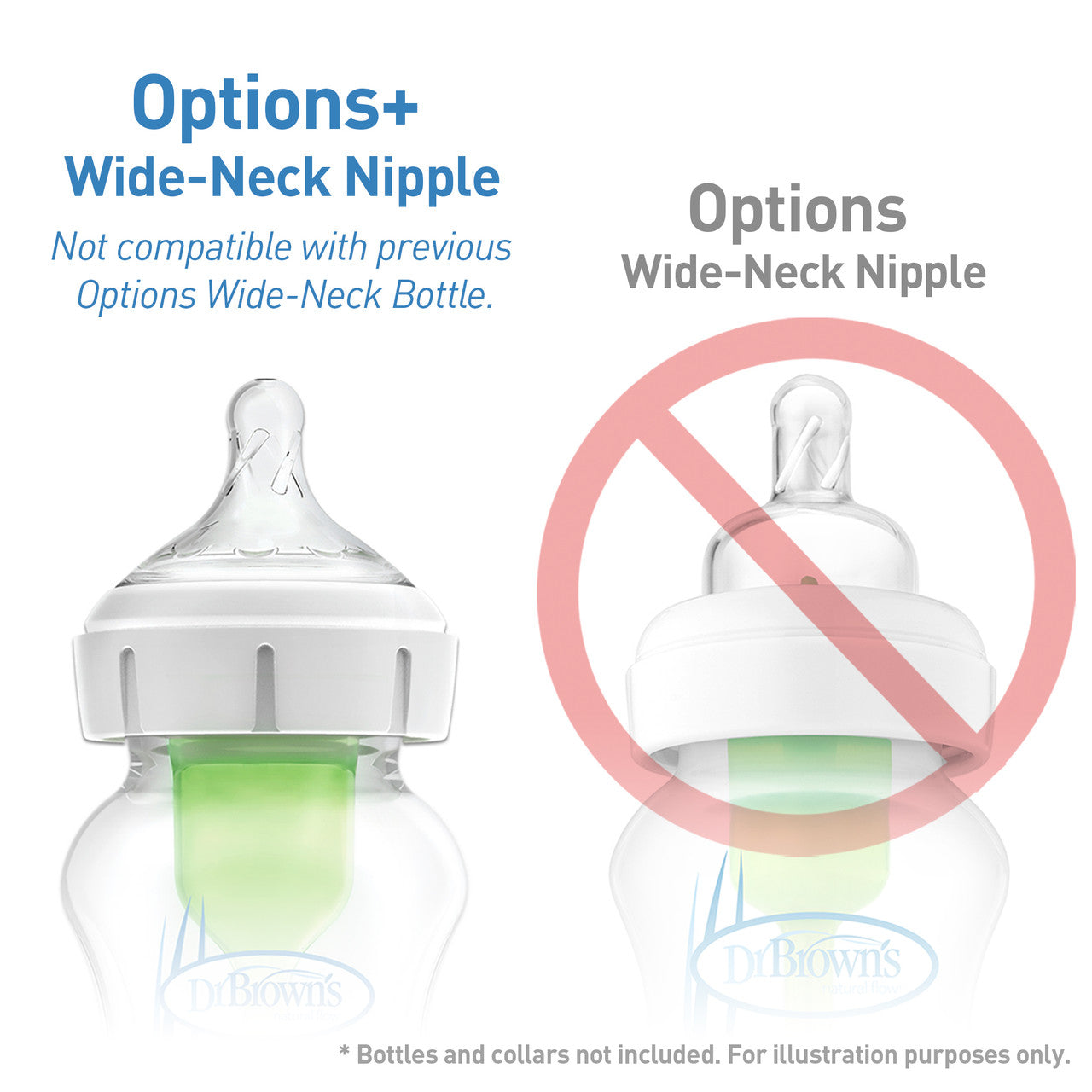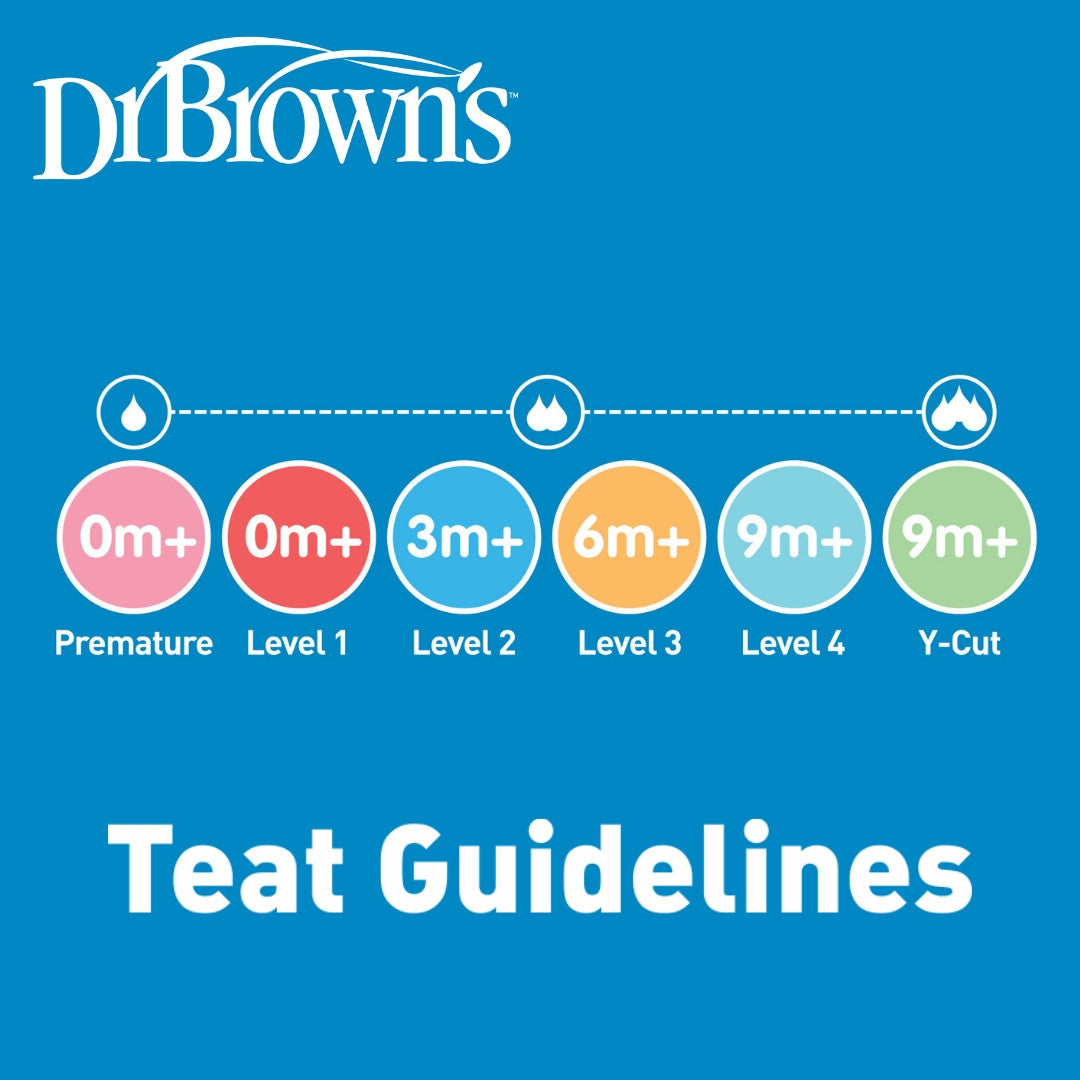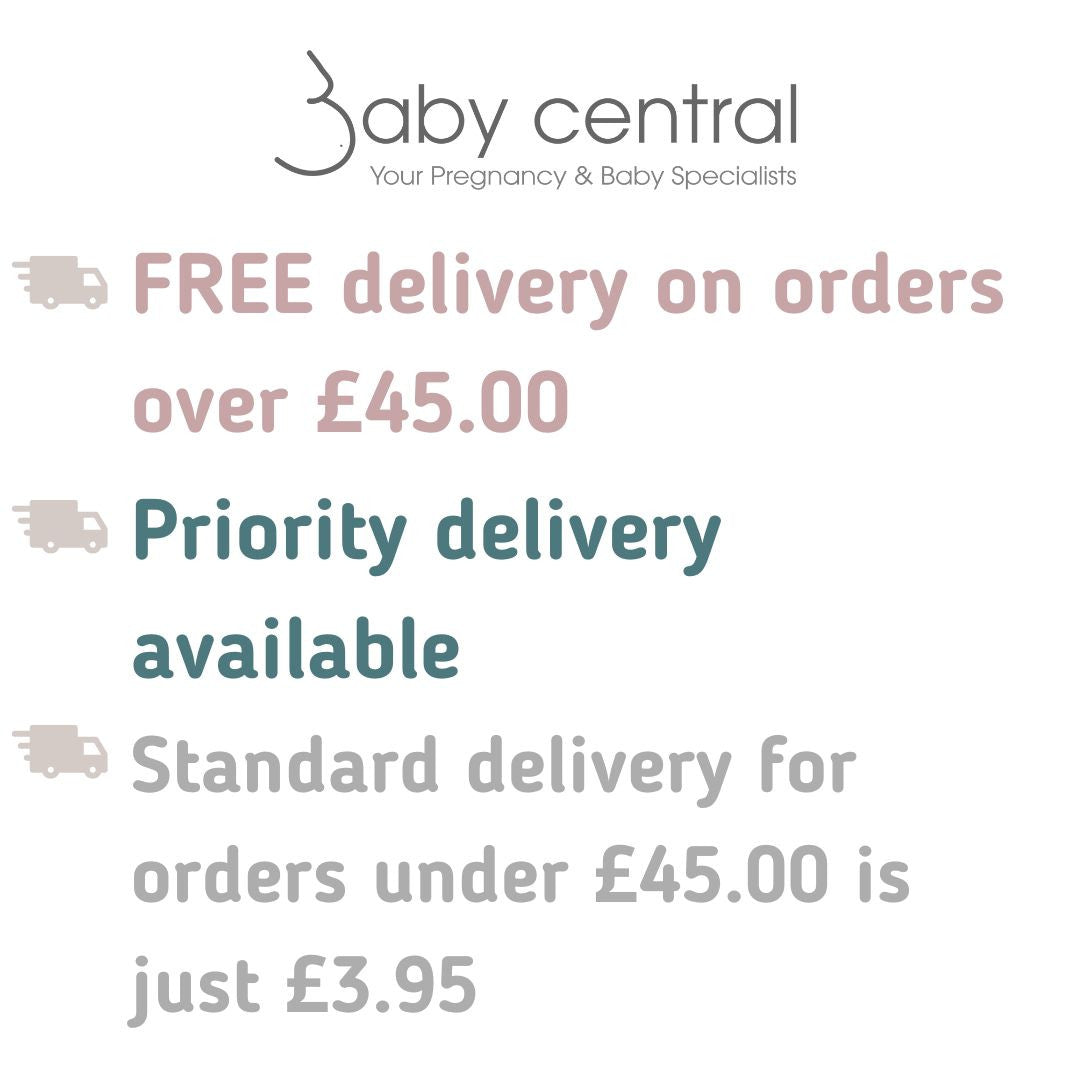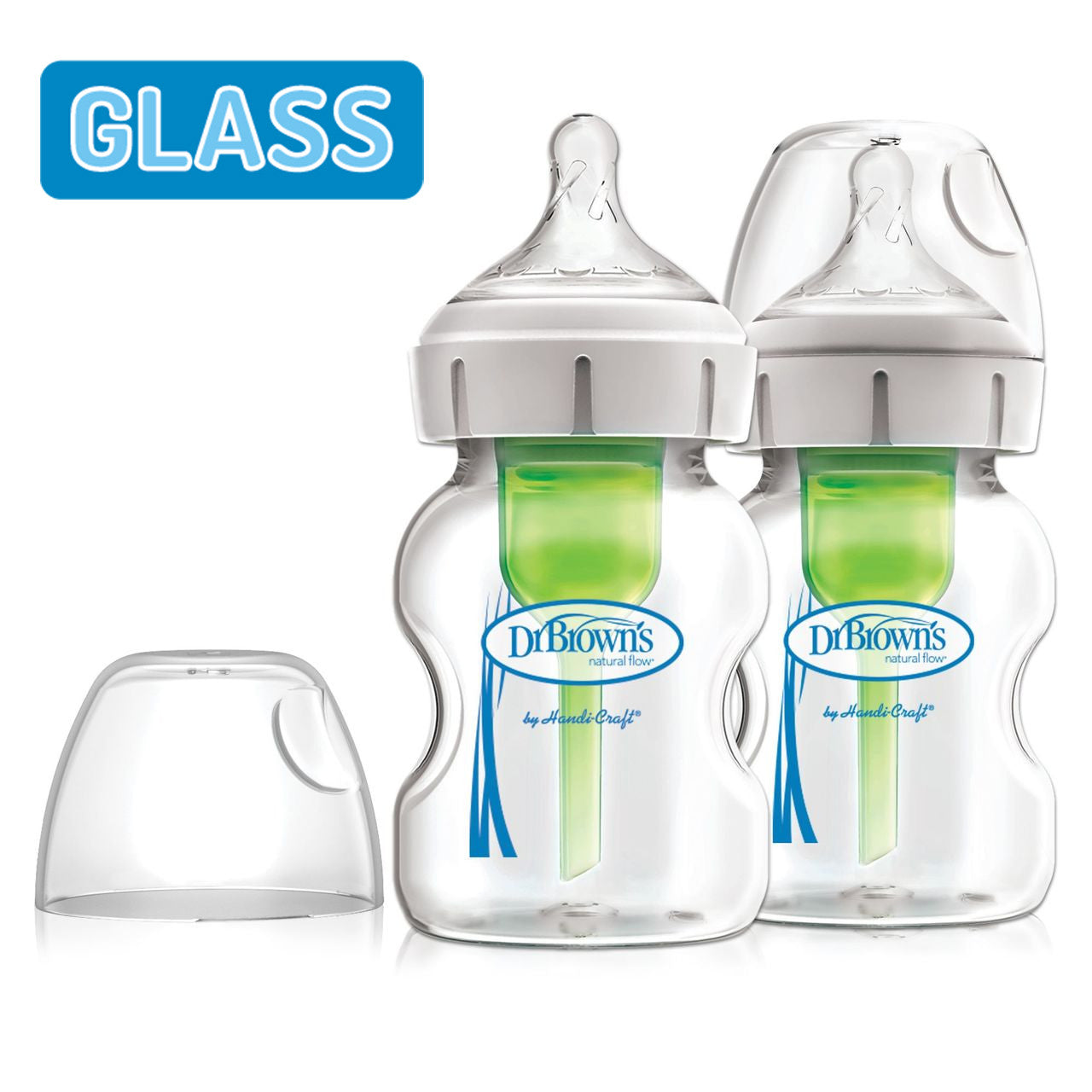
Colic Awareness Month was launched in 2017 as a collaboration between Cry-Sis, a UK-based parenting charity, and Infacol, a company specialising in colic relief drops.
As specialists in anti-colic baby bottles, we understand the pressures that having a baby with colic can put on parents and caregivers. No one ever plans for their baby to have colic, so when symptoms and issues arise it can cause massive strains on relationships and... life!
Dr. Brown's Bottles are designed to be more than just a feeding essential – they are a colic-fighting superhero. Created by a real doctor to appease windy colic symptoms before they start, their unique vent system and ergonomic design is crafted to provide much-needed relief to both babies and parents alike.
Firstly, though - what exactly is colic?
Colic is a blanket term used to describe prolonged bouts of intense crying or fussiness in an otherwise healthy baby. The exact cause can be hard to determine when a number of factors can contribute to the condition, but generally it is often associated with digestive discomfort, wind and gas or an immature nervous symptom.
Of course, newborns can cry, especially when they're so new to the world and their tummy is getting used to being fed. But if your baby is crying for more than 3 hours a day, for longer than 3 days a week and for more than 3 weeks, it's likely to be colic.

Steps to resolving colic.
The NHS, your health visitor, or GP can offer direct advice to help ease the symptoms of colic and help you to navigate this challenging time. Some simple tips they may recommend could be:
✔️Reviewing the feeding position your feed your baby in, focussing on paced feeding techniques
✔️Providing your baby with extra cuddles and comfort during episodes of crying - keeping them in an upright position to alleviate tummy pains.
✔️Trying different winding/burping techniques to help bring gas up during and after feeds, or swapping to anti-colic bottles to reduce swallowing air.
✔️If bottle feeding, evaluate their latch and look for signs that it may be weak. You may find changing bottles will help, but otherwise ask a healthcare professional to assess and advise.
✔️Play gentle white noise or take your baby out for a nature walk to distract them from any discomfort.
When to seek professional advice.
If you have any concerns about the wellbeing of your baby, or yourself, you should seek professional advice as soon as possible. Usually colic manifests within the first few weeks, so if you reach your 6 week check and are worried, then you can raise it to you GP during this check. You can also attend local Health Visitor clinics to voice your concerns and issues and they will be able to offer advice and refer to anywhere necessary.
You can also contact the CRY-SIS helpline on 0800 448 0737 where their lines are open 7 days a week from 9am to 10pm.

